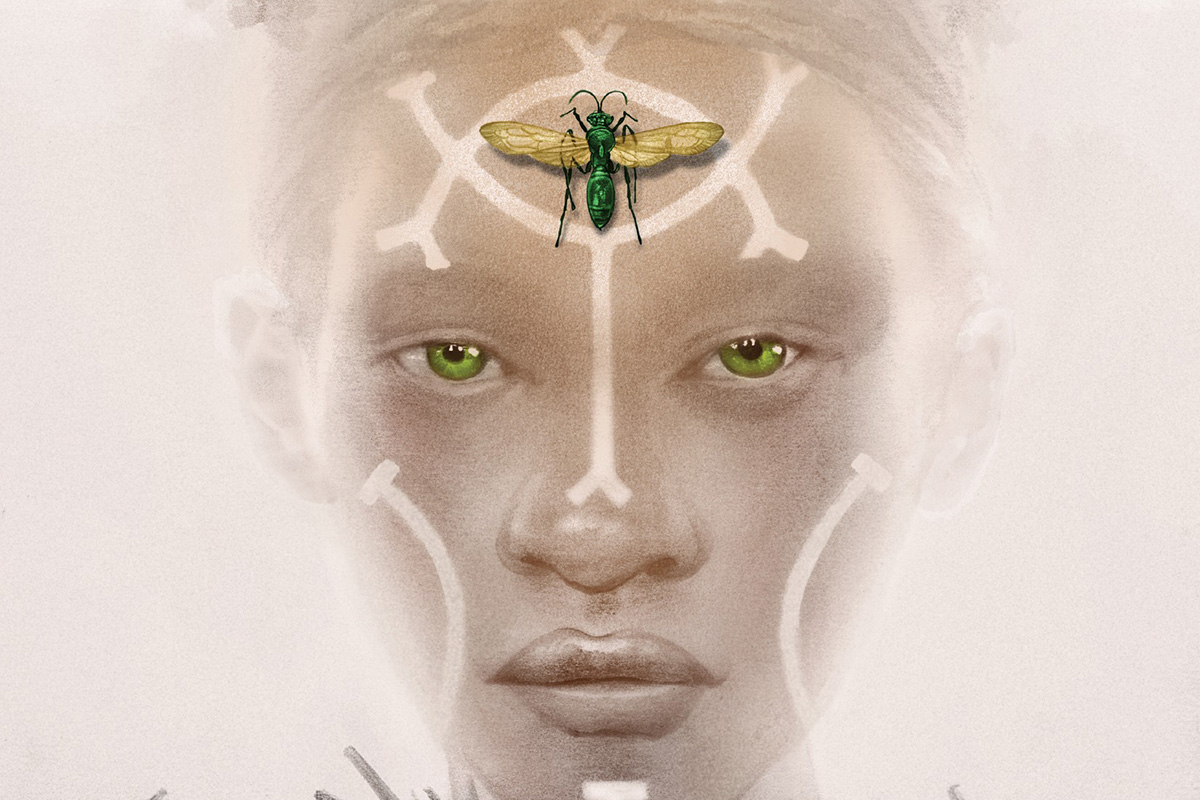Folklife Friday is a weekly digest of arts and culture articles, podcasts, and videos from across the web. Read on for a selection of the week’s best cultural heritage pieces, and don’t forget to check back next Friday for a new set of weekly picks.
Nnedi Okorafor and the Fantasy Genre She Is Helping Redefine
Rooted in African and African American folklore, Nnedi Okorafor’s young adult fantasy series uses magical realism to explore, among other topics, inequality, corruption, and genocide. “As is the case with a lot of Nigerians, and immigrant families in general, there were only three career options: doctor, lawyer and engineer,” Okorafor says. For the budding writer, that meant forging her own path in a new market. In this article, Alexandra Alter takes a closer look at just that path and the seminal work born from it—the Akata series, commonly referred to as “the Nigerian Harry Potter.”
Three Questions for Erika L. Sánchez
In I Am Not Your Perfect Mexican Daughter, author Erika L. Sánchez draws on her own experiences and those of her peers, arriving at a story as courageous and complex as her own. “I decided to write about a budding writer because young girls of color don’t often see themselves portrayed as storytellers,” Sánchez explains. “The world needs to know that brown girls can be intellectual, that they can have complex inner lives.”
A Mission to Capture the Full Range of Half-Japanese Experience — In 192 Photos
Photographer Tetsuro Miyazaki started the Hafu2Hafu project with a single goal in mind: to meet people. The resulting portraits of bicultural Japanese people bring to the fore the common threads underlying questions of race, place, and borderlands—concepts we explored in this Folklife feature on Asian American identity. “One topic that always comes up is about the sense of belonging,” Miyazaki says. “Both those raised abroad and those raised in Japan want to ‘belong’ to Japan more than most of them do.”
Jeffrey Gibson: American. Native American. Gay. An Artist’s Life outside Labels
In the new exhibition In These Times, artist Jeffrey Gibson takes as his subject the feeling of estrangement in one’s own country and the artistry rooted in cultural negotiation. “I think in America the problems we have here result from there being a tremendous mix of perspectives,” Gibson explains. “It’s not like we’re all sorted-out people and the mess is just drama. It’s real.” For Gibson, it is only through art that he can “neither hide nor deny” Native American history—a history “filled with injustice and suffering, inhumanity and worse.”
Fairouz in Exile
“You know how some people don’t like the taste of coffee without milk? I don’t like the taste of coffee without the voice of Fairouz.” In this essay, Matthew McNaught traces his friend Ahmad’s journey from Moadamiya, Syria, to Bielefeld, Germany, focusing squarely on the one tradition he keeps alive, civil unrest notwithstanding: listening to Lebanese singer Fairouz every morning. “Many singers in the Arab world sing songs praising dictators and heads of state, but not Fairouz. She sang for cities, never for regimes.”
Special thanks to editor Elisa Hough and to Michael Atwood Mason for their contributions to this week’s digest.


